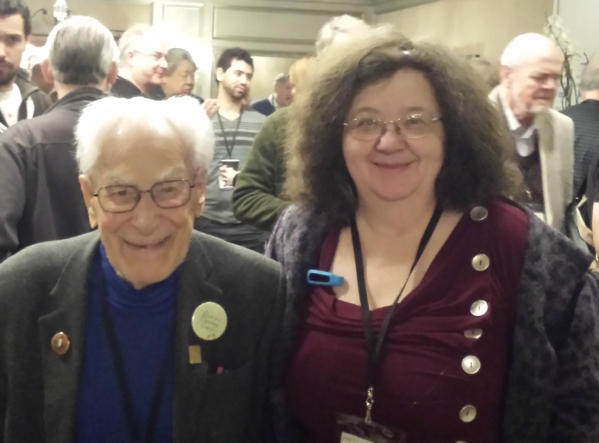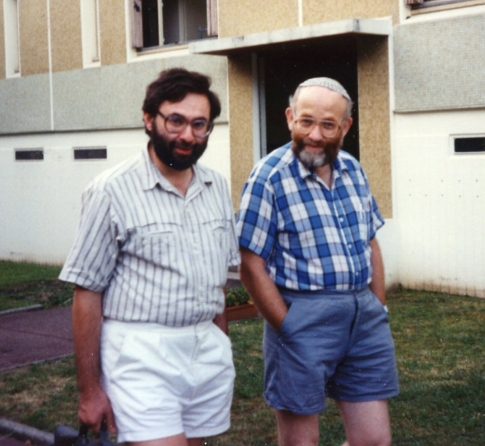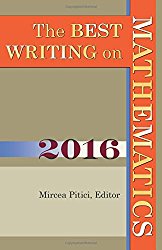My mom died in April of 2017. I didn’t even consider flying to Russia for her funeral. April-May is my most demanding work period. We were preparing for the annual PRIMES conference. Four of the projects that I personally mentor were presented at the conference. As a head mentor, I was also helping on all the other projects. During these months, I do not have time to breath.
I felt intensely guilty missing the funeral, but I blocked my emotions and worked. I didn’t shed a tear. Come June-July, I have another busy work period running Mathroots and RSI. August is often a slow month, which I usually use to finish papers that I am writing with my students. But in August, 2017, I needed to put the papers aside and give myself time to grieve. My mood was getting darker and darker. At some point I realized that I was depressed. Surprisingly, I still didn’t shed a tear.
I had been depressed before, and I do not ever want to be in that place again. I ordered myself to stop mourning, and with some positive self-talk, I was able to get myself out of the depression. In the process I didn’t work much in August, leaving me with a huge backlog of papers: I had about 20 papers that needed my immediate attention.
When the academic year began in September, my work was more stressful than ever. On one hand I had a pile of unfinished papers, and on the other hand our programs were growing bigger and more taxing. I limped along and did my best until April of this year. Because I had more stress than ever before. Because April-May is my most intense work time, I had to cancel my social life, stop watching TV, and drop my exercise regime to be able to prepare for our annual PRIMES conference. I was so busy I completely missed the first anniversary of my mom’s death. In the year since her death I had been mourning, but I was still unable to cry. When I realized that I had forgotten this date, I felt more severe guilt than ever. I called my sister in Moscow. She told me that she had ignored the death anniversary too. She had done it on purpose. It is better to celebrate life than death, she told me, and it made me feel better.
When the PRIMES conference was over, it was clear that my work was overtaking my life. I decided to go away for a day to rethink my priorities.
I googled Googled around for a place to go, and found the Innisfree garden. The website claimed that the garden is recognized as one of the world’s ten best gardens. Sounded fitting for rethinking a life.
The Innisfree Garden is different from other gardens that I have seen. With my untrained eye, I couldn’t distinguish what was man-made and what was nature. Slowly it became clear that things that look like nature are in reality a work of genius. The human touch amplified the natural beauty of the land and transformed it into something out of this world: beautiful, peaceful, and serene.
I spent hours in the garden. When I was about to leave, my floodgates were open. I started crying. Mom, I love you; please forgive me.Share:




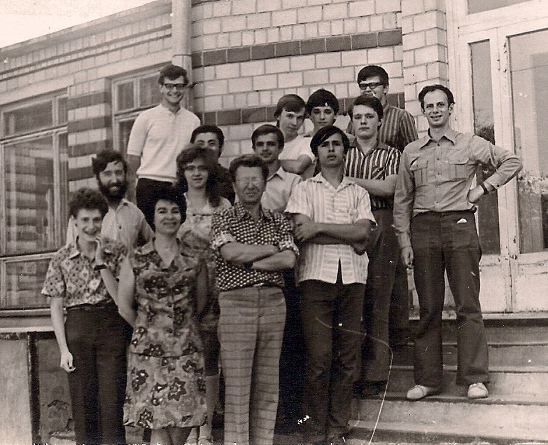
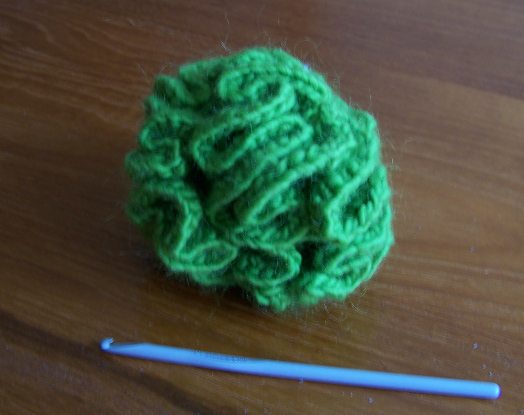 I do not like making objects with my hands. But I lived in Soviet Russia. So I knew how to crochet, knit, and sew — because in Russia at that time, we didn’t have a choice. I was always bad at it. The only thing I was good at was darning socks: I had to do it too often. By the way, I failed to find a video on how to darn socks the same way my mom taught me.
I do not like making objects with my hands. But I lived in Soviet Russia. So I knew how to crochet, knit, and sew — because in Russia at that time, we didn’t have a choice. I was always bad at it. The only thing I was good at was darning socks: I had to do it too often. By the way, I failed to find a video on how to darn socks the same way my mom taught me.
